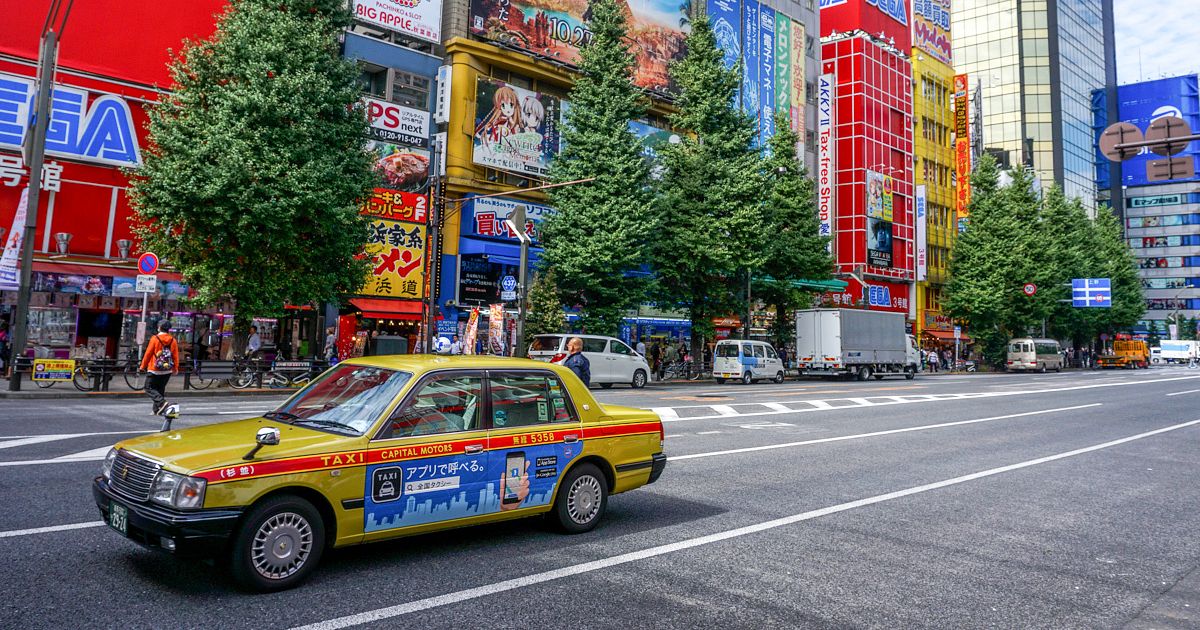By the mid-2030s, all new cars sold in Japan will need to be hybrid gasoline-electric or fully electric.
Earlier this fall, Japan's Prime Minister Yoshihide Suga announced the ambitious goal of the nation becoming carbon-neutral by 2050, though no clear roadmaps were provided for how this would be achieved. Transportation contributes 17% of the nation's total carbon output.
Japanese carmakers such as Toyota and Honda are some of the global leaders in electric and hybrid vehicles, as exemplified by the popular Toyota Prius model. The companies' upcoming product lines include more hybrid vehicles, yet they constitute only 29% of the country’s 5.2 million new motor vehicle registrations. Last year, registrations for both plug-in hybrid and EV cars fell compared to the previous year. If sales of gasoline-engine cars were banned in the 2030s, experts predict that the vehicles will disappear from the roads by 2050.
Japan's announcement is in line with declarations made by other nations in recent months. China said that by 2035, half of all new cars must be electric-only, while the other half can be hybrid gasoline-electric. The nation aims to reach carbon neutrality by 2050, although in 2019, only 5% of cars sold there were of the "new-energy" variety.
Meanwhile, the United Kingdom set a target to ban gasoline and diesel cars by 2030, while France aims to have a ban in place by 2040. The state of California in the United States has set the deadline in 2035, though no nation-wide plan has been proposed.
Vietnam has not announced similar plans for its vehicles, although it has partnered with Mitsubishi to explore ways to get more electric vehicles on the road. Ambitious proposals to ban motorbikes in major cities have been decided against, with regulations and increased public transportation alternatives pursued.















